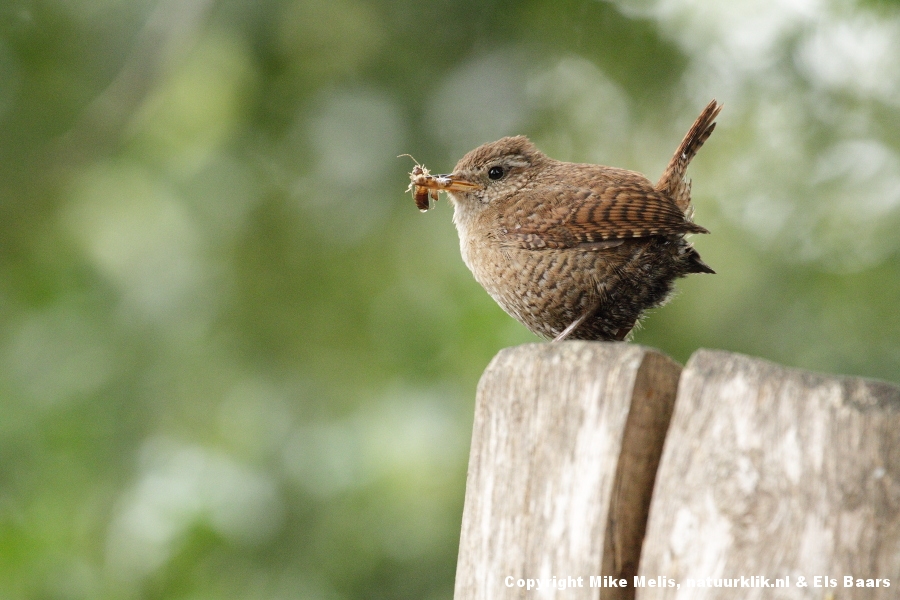It is amazing that such a little ball of fluff like the wren can sing so loudly. From January through to December you can hear him twittering away. Have you ever wondered how he came to be known as ‘King” of the Birds, a title which his Latin name “Regulus” testifies to? Or why the common name for the wren in various languages (Dutch – winter king) points to his special connection with the winter? Come closer and listen to this popular tale:
A long long time ago all the birds gathered together to choose a king. Just like the land animals had once elected the lion to be their king, the birds also wanted a king they could be proud of.
Many birds fought among themselves for the honorary title, especially the large birds such as the blue heron, the northern gannet, the owl and the sea eagle. To end the squabbling they decided to hold a competition: the bird which could fly the highest could call itself king.
One sunny wind still day all the birds interested in having a shot at becoming king gathered together on a vast plain. The quail, black grouse and the coot were the audience, because there was no point in them joining in due to their meagre flying capabilities.
The meadow pipit and the skylark did very well, but gave up after a few hundred metres and then fluttered happily back down, singing as they went. With a quiet flapping of wings, the eagle, buzzard and stork slowly but steadily circled upwards to great heights. In the company of the tawny owl with his soundless wingbeat, the mute swan with its fat body and sweeping flight also succeeded in flying very high too, much to everyone’s amazement . The swallow shot upwards like a rocket.
Eventually the only birds left were the swift and the see eagle which flew to heights where the air was thin. In the end the sleek swallow had to admit that the large sea eagle with its wings the size of doors had got the better of him. The eagle screeched out a raucous declaration of victory and soared gloriously back down. But at that moment, to his dismay, a small brown bird flew twittering a metre higher.
In a state of shock and amazement all the other birds watched on in deathly silence how one very small bird landed immediately after the sea eagle and twittered: “I am the king, I am the king!”. That little bird was nothing more than a small very plain brown-coloured ball of feathers that did not even have a name. With its sharp little beak and pert little tail, he stood proudly foremost in the circle, puffing up his breast feathers. But all the birds were angry about the small bird’s cheating and wanted to teach him a lesson. Fearing reprisals, the little bird flew away very quickly out of reach of the angry birds and their pecking beaks. That fear never left him, so to this very day the wren still lives anxiously hidden away in the shelter of thickets and is very seldom or easily seen.
After the sea eagle had slept a night following his defeat, he flew to the edge of the forest and called out to the little bird. “I have given a lot of thought to what happened yesterday and I would like to make a suggestion. Why don’t we share the kingship? You can be king of the winter and I will be king of the summer? The little ball of fluff thought this was a very good idea. This is why he is known in some countries such as The Netherlands as the Winter King. And he is so chuffed about the joint kingship, that he also sings in the winter. You can hear him sing throughout the year, but especially in the winter when almost all the other birds have fallen silent. If you listen very carefully you will hear his loud shrill singing: “I am the king, I am the king, I am the king!”
Nowadays wrens are one of the most common nesting birds due to the mild winters. During periods of severe frost some still die due to a lack of food: the small insects which wrens eat may have buried themselves too deeply or they may have died from the cold. In the safety of thick bushes they live out of harm’s way from their enemies. A male wren makes various nests and the female chooses the best one. When this female is sitting brooding on the eggs, the male tries to entice another female onto one of the other nests.

